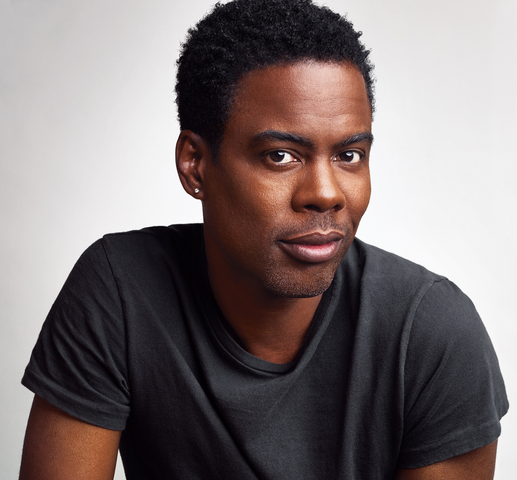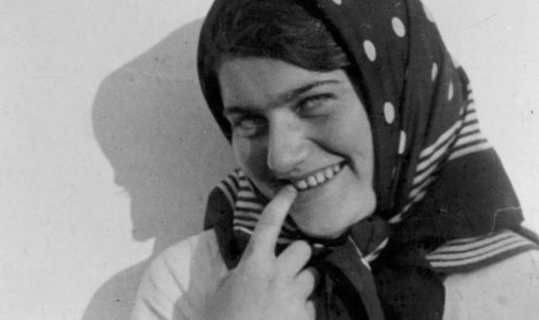#1 international and New York Times bestselling author Naomi Klein, author of The Shock Doctrine and This Changes Everything, pens a letter to the young advocates… Support our news coverage by subscribing to our Kindle Nation Daily Digest. Joining is free right now!
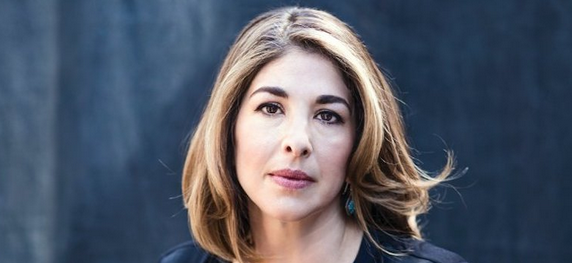
Usually, a commencement address tries to equip graduates with a moral compass for their post-university life. You hear stories that end with clear lessons like “Money can’t buy happiness,” “Be kind,” “Don’t be afraid to fail.”
But my sense is that very few of you are flailing around trying to sort out right from wrong. Quite remarkably, you knew you wanted to go not just to an excellent college, but to an excellent socially and ecologically engaged college. A school surrounded by biological diversity and suffused with tremendous human diversity, with a student population that spans the globe. You also knew that strong community mattered more than almost anything. That’s more self-awareness and self-direction than most people have when they leave graduate school—and somehow you had it when you were still in high school.
Which is why I am going to skip the homilies and get down to business: the historical moment into which you graduate—with climate change, wealth concentration, and racialized violence all reaching breaking points.
How do we help most? How do we best serve this broken world? We know that time is short, especially when it comes to climate change. We all hear the clock ticking loudly in the background.
But that doesn’t mean that climate change trumps everything else. It means we need to create integrated solutions, ones that radically bring down emissions while tackling structural inequality and making life tangibly better for the majority. This is no pipe dream; we have living examples from which to learn. Germany’s energy transition has created 400 thousand jobs in renewables in just over a decade, and not just cleaned up energy but made it fairer, so that many energy grids are owned and controlled by hundreds of cities, towns, and cooperatives.
Read full post on LitHub
Buy Klein’s new release here:
![On Fire: The (Burning) Case for a Green New Deal by [Klein, Naomi]](https://images-na.ssl-images-amazon.com/images/I/41UCBBLA1sL.jpg) On Fire: The (Burning) Case for a Green New Deal
On Fire: The (Burning) Case for a Green New Deal
Kindle price: $12.99
For more than twenty years, Naomi Klein has been the foremost chronicler of the economic war waged on both people and planet—and an unapologetic champion of a sweeping environmental agenda with justice at its center. In lucid, elegant dispatches from the frontlines of contemporary natural disaster, she pens surging, indispensable essays for a wide public: prescient advisories and dire warnings of what future awaits us if we refuse to act, as well as hopeful glimpses of a far better future. On Fire: The (Burning) Case for a Green New Deal gathers for the first time more than a decade of her impassioned writing, and pairs it with new material on the staggeringly high stakes of our immediate political and economic choices.
These long-form essays show Klein at her most prophetic and philosophical, investigating the climate crisis not only as a profound political challenge but as a spiritual and imaginative one, as well. Delving into topics ranging from the clash between ecological time and our culture of “perpetual now,” to the soaring history of humans changing and evolving rapidly in the face of grave threats, to rising white supremacy and fortressed borders as a form of “climate barbarism,” this is a rousing call to action for a planet on the brink.
With reports spanning from the ghostly Great Barrier Reef, to the annual smoke-choked skies of the Pacific Northwest, to post-hurricane Puerto Rico, to a Vatican attempting an unprecedented “ecological conversion,” Klein makes the case that we will rise to the existential challenge of climate change only if we are willing to transform the systems that produced this crisis.
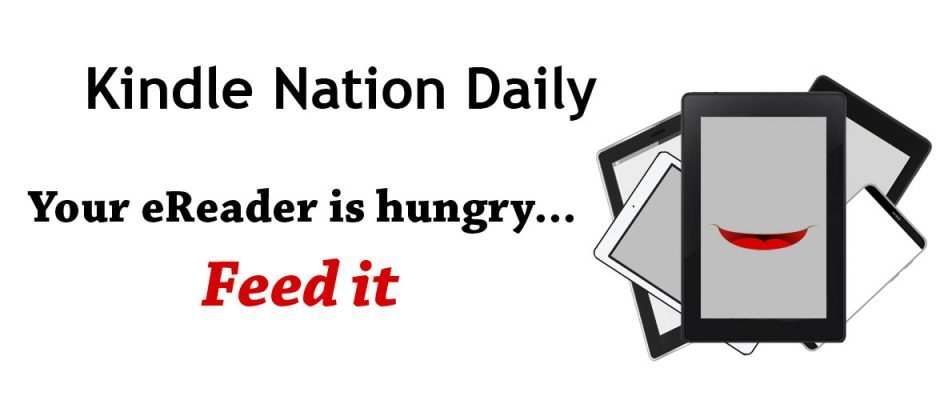
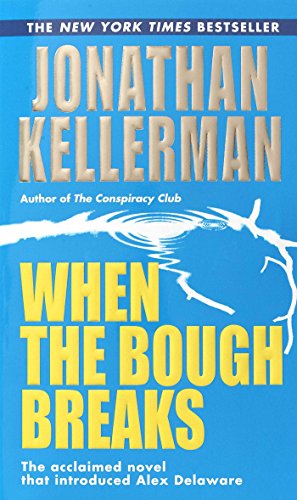
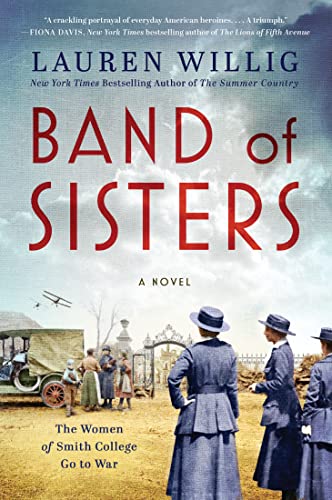

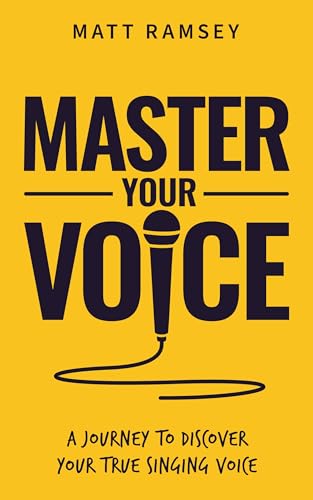

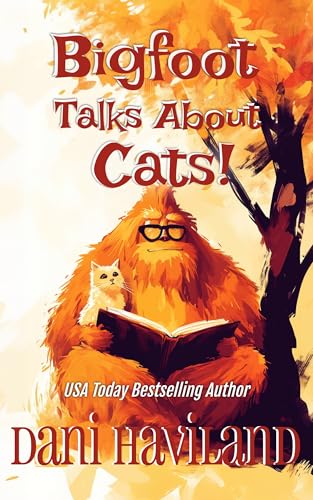

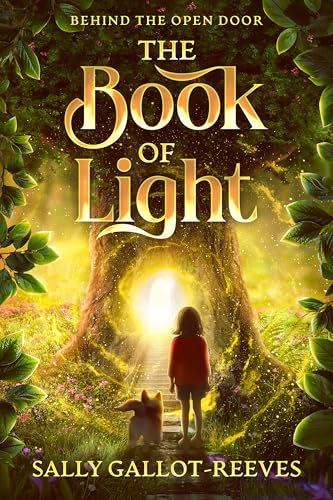



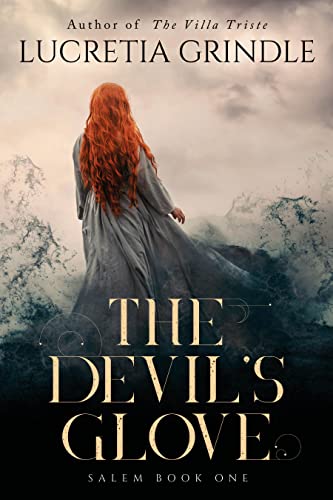



![On Fire: The (Burning) Case for a Green New Deal by [Klein, Naomi]](https://images-na.ssl-images-amazon.com/images/I/41UCBBLA1sL.jpg)
